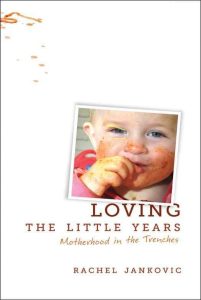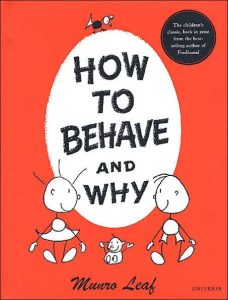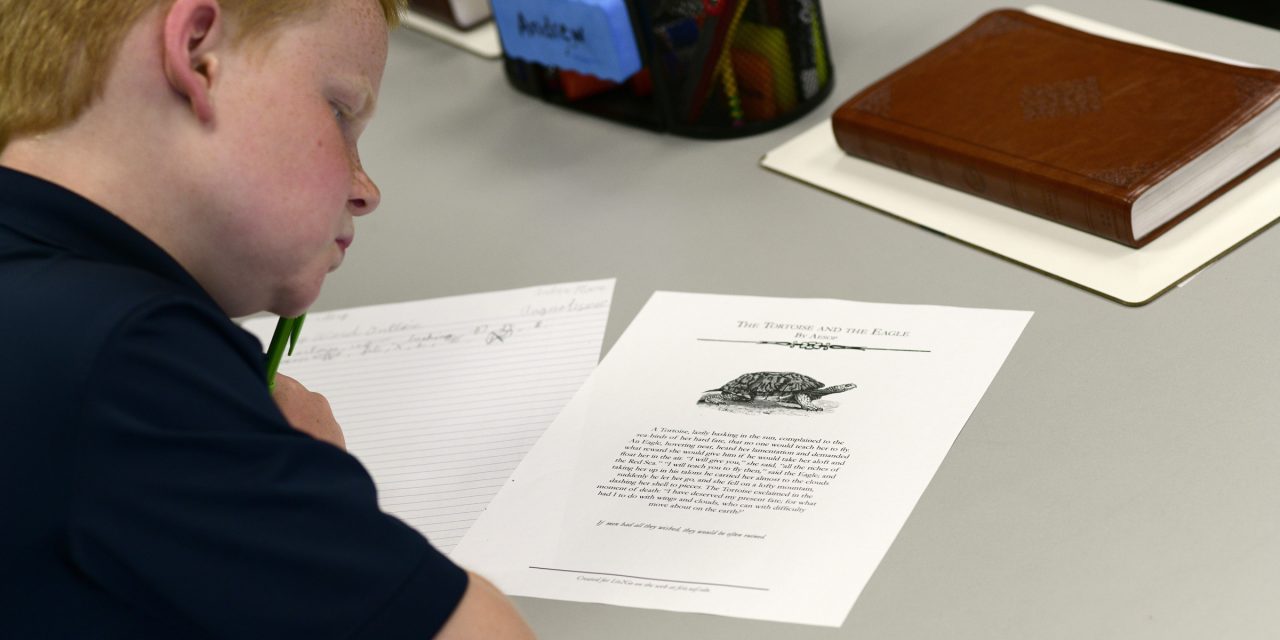Little drops of water,
Little grains of sand,
Make the mighty ocean
And the pleasant land.
Little deeds of kindness,
Little words of love,
Make our earth an Eden,
Like the heaven above.
By: Julia Carney
When my children were young, our days were filled with things that seemed little: learning how to put away our shoes, chew with our mouths closed, remember to say please and thank you. Everything we did and everywhere we went felt laden with lessons that needed to be taught by me. And because the lessons seemed “little,” I was often tempted to feel that the work was insignificant.
This temptation to devalue our work confronts us routinely because, by necessity, our work is mundane and repetitive. When you must excuse yourself from an adult conversation to settle a dispute between toddlers, the glory of the work you are doing disappears behind shame and bitterness. When you must remind the same child to close the door behind him dozens of times each day, the glory of the work you are doing dissolves into fatigue and frustration.
But Ms. Carney’s poem reminds us that this glory exists whether or not we see it. In fact, she gives these mundane and repetitive lessons the cumulative glory of a “mighty ocean.”
When we work through phonics homework and math facts memorization on a daily basis, we are tempted to see only the grains of sand and the drops of water. The glory of the ocean and the peacefulness of pleasant land is hard to imagine.
But imagine, we must. Because in that moment, we must believe in God’s promise by faith that these grains of sand and drops of water turn into something glorious by His grace. We must believe by faith that the work we do now, although small as a grain of sand, accumulates. What we see now is small and seemingly insignificant, but without it there is no potential glory. This requires great imagination and even greater faith.
There can be no quadratic functions without math facts. There can be no senior thesis without phonics.
These two simple stanzas from Ms. Carney are easy to memorize. The rhyme scheme and meter are perfect for tucking into young hearts. And they serve as a cheerful counterbalance to all those “little” lessons that can feel so burdensome.
Deeds and words add up. As do all the lessons learned around the kitchen table doing homework together. Modeling diligence and perseverance, self-control and joy when school feels mundane and repetitive gives our children a real picture of what faithfulness looks like now—what we mean when we pray, “Thy kingdom come, Thy will be done on earth as it is in Heaven.”
Books to encourage parents:
Loving the Little Years by Rachel Jankovic

For the Children’s Sake by Susan Schaeffer Macaulay

What is a Family? by Edith Schaeffer

Mere Motherhood by Cindy Rollins

Books to help teach “little things”:
How to Behave and Why by Munro Leaf

You Read to Me, I’ll Read to You:Very Short Fables to Read Together by Mary Anne Hoberman

Manners Can Be Fun by Munro Leaf

How to Speak Politely and Why by Munro Leaf

First Things First: An Illustrated Collection
of Sayings Useful and Familiar for Children by Betty Fraser (out of print)
Mandi Gerth  teaches upper school humanities at The Oaks Tutorials in Fort Worth, TX. Her work has appeared on the CiRCE Institute and Theopolis blogs. She and her husband have labored for over twenty years to build a family culture for their five children that values books, baseball,
teaches upper school humanities at The Oaks Tutorials in Fort Worth, TX. Her work has appeared on the CiRCE Institute and Theopolis blogs. She and her husband have labored for over twenty years to build a family culture for their five children that values books, baseball,
museums, home-cooked meals, and conversation about ideas.










